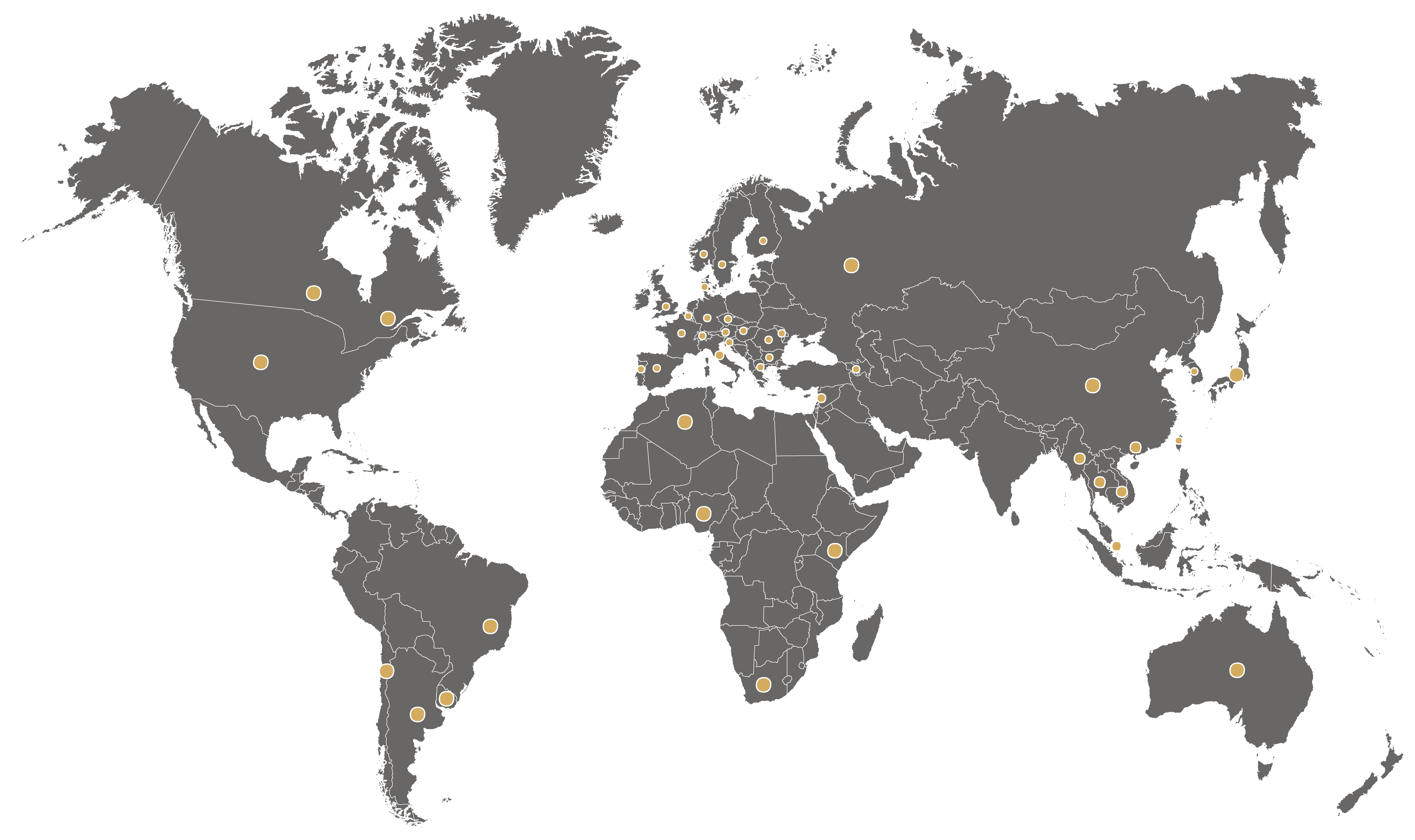Despite its exit from the European Union, the United Kingdom remains a strategic destination for exporting wine and spirits. Culturally open to wines from all over the world, the UK imports nearly 100% of its consumption. Want to export your products to the British market? Here's what you need to know to shape your export strategy.
The UK is a strategic market for alcoholic beverages, marked by intense global competition. The country ranks as the third-largest wine importer worldwide, with approximately 1.7 billion bottles imported in 2022. Wine is undeniably popular, being the second most consumed alcoholic beverage after beer.

Following Brexit, the UK has regained regulatory autonomy. Export customs formalities and standards concerning VAT, certifications, food safety, and labeling have been reintroduced.
New labeling regulations took effect on January 1, 2024. Imported wines no longer require a supplemental importer label, but the label must include the importer’s details (name and address) in addition to the producer’s. Wines labeled before this date and already on the market are exempt from re-labeling.
Wines meeting this requirement are no longer required to include the phrase "imported by." Wines labeled before January 1, 2024, and already on the market are exempt from re-labeling.
The VI-1 certificate requirement for all wine imports to Great Britain has been abolished since January 1, 2022.
Effective August 1, 2023, duties on still wines increased by 20%, affecting wines with alcohol content between 11.5% and 14.5%. Duties rose by 44 pence per bottle (around €0.50), from £2.23 to £2.67. Sparkling wines benefited from a 7% duty reduction.
Key Insight: Most operators source wines from importers, who play a key role in the UK wine market.

In 2022, the top-selling wine categories by volume were white wine (44%), red wine (33%), rosé (12%), and sparkling wines (11%). Several trends are emerging for the coming years:
The most exported French wine categories (by volume) to the UK are Champagne, followed by Bordeaux and varietal wines.

José Braga - Export Sales Director - JOAO PORTUGAL RAMOS VINHOS, Portugal
"Gilbert & Gaillard International Challenge medals can be useful for two main reasons: in markets where merchants require medals, regardless of their origin. Smart Dog in Australia is a good example. We work with Aldi, and according to their calculations, a wine with a medal automatically increases sales by 20%. Specific products, mainly for independent retailers in the UK, value medals and consumer reviews over expert opinions, like G&G. That's why we sent Castelo do Vinteiro. "

The UK wine market is vast and complex. For exporters, standing out requires a tailored marketing approach and compelling storytelling. Quality, accolades, and reputation are critical differentiators. Gilbert & Gaillard medals help producers gain a competitive edge.
Using Gilbert & Gaillard medals for wine exportation means leveraging an internationally recognized wine competition with a 35-year history. Want to register your wines? Log in to your winemaker space for access to our database of over 10,000 importers and distributors, including a specialized list of UK importers.
